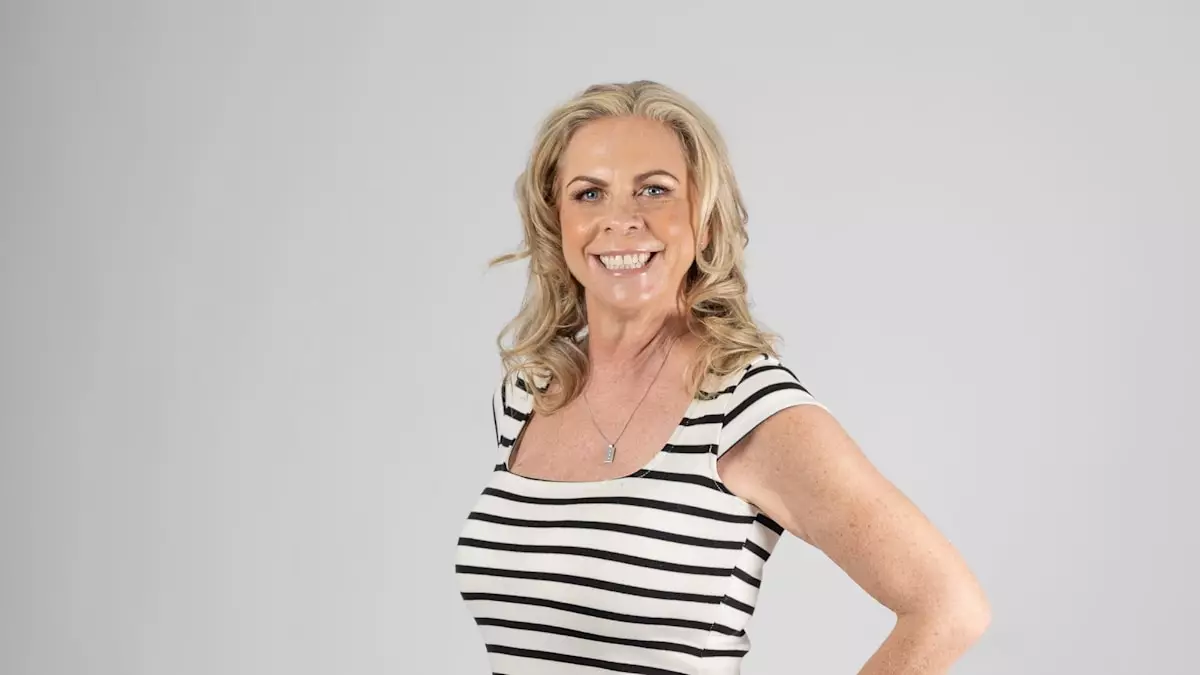For many women, the onset of perimenopause heralds a tumultuous period marked by profound changes—both physically and emotionally. Charlotte Body, who began her perimenopausal journey at just 47, encapsulates this struggle. Initially caught off guard by her symptoms, she found herself grappling with denial, anxiety, and a sense of isolation. “I became insular and anxious,” she recalls, a sentiment that resonates with countless women who have experienced similar feelings. This period can feel like a fracture in one’s identity; Charlotte explains how disconnecting from her social nature left her feeling lost. Such anecdotes reveal the often-overlooked emotional weight of perimenopause, underscoring the necessity for open dialogue around these experiences.
Despite the overwhelming emotions associated with this phase of life, Charlotte emphasizes an eventual transformation. After navigating her struggles, she describes herself as a “different woman.” This metamorphosis illustrates a crucial truth: although perimenopause can be challenging, it also holds the potential for profound personal growth. With time, Charlotte found a new relationship with herself, one characterized by resilience and acceptance.
One of the more striking aspects of Charlotte’s journey is her emphasis on transparency. For anyone facing the challenges of perimenopause, admitting their struggles openly is a significant step toward reclaiming agency over their narrative. “I go into the room and regardless of who is there, I’ll tell them, ‘I’m having a really menopausal day today,’” she explains, highlighting the liberating effect of acknowledging her situation. By dismantling the stigma often surrounding menopause, Charlotte encourages other women to voice their experiences, thereby reducing the shame and anxiety that can accompany such changes.
In a society that frequently trivializes women’s health concerns, this act of vulnerability becomes an act of defiance—a weapon against social indifference. Charlotte insists that recognizing and owning one’s symptoms is crucial; it not only promotes self-acceptance but also fosters a supportive community amongst women facing similar challenges.
Transitioning through perimenopause often necessitates adjustments in various aspects of life, notably lifestyle and relationships. Charlotte acknowledges this reality, noting that her once-favored workout routines had to be re-evaluated. As daunting as these changes may seem, they offer an opportunity for personal evolution. Shifting from spin classes to weight training not only reflects a physical adjustment but symbolizes an embrace of a new era—one that prioritizes personal well-being and adaptation.
Moreover, the impact of menopause extends to intimate relationships, with partners sometimes grappling to understand the transformations that their significant others undergo. Charlotte forthrightly admits that “menopause can ruin your marriage.” This candid recognition invites conversations that address the often-unspoken strain menopause places on relationships, stressing the need for patience, communication, and mutual understanding.
Embracing her experiences, Charlotte channeled her struggles into a proactive initiative, founding Pause Live — an event aimed at educating women about menopause. By creating a platform for connection and shared wisdom, Charlotte not only empowers herself but also facilitates empowerment for others. This proactive approach highlights the importance of education and community support in navigating the complexities of menopause.
Ultimately, the aim is to foster an environment where women feel valued and equipped to navigate their new realities. With powerful messages like “we should value menopause, embrace it and enjoy it,” Charlotte illuminates the transformative power of perspective. Rather than viewing menopause as a negative experience, she advocates for a mindset that embraces change, celebrates resilience, and promotes well-being.
Charlotte’s journey through perimenopause is a testament to the complexities of a natural biological process that many women face. By choosing to openly discuss her experiences, she not only finds solace for herself but also offers solidarity and hope for others. The transformation she describes is not just personal but universal—a narrative that encourages every woman to embrace their journey, adapt to new challenges, and redefine the meaning of vitality. As Charlotte aptly puts it, owning one’s menopausal experience can lead to a renewed sense of self, ultimately allowing women to “come out the other side” feeling empowered and confident in their identities.

